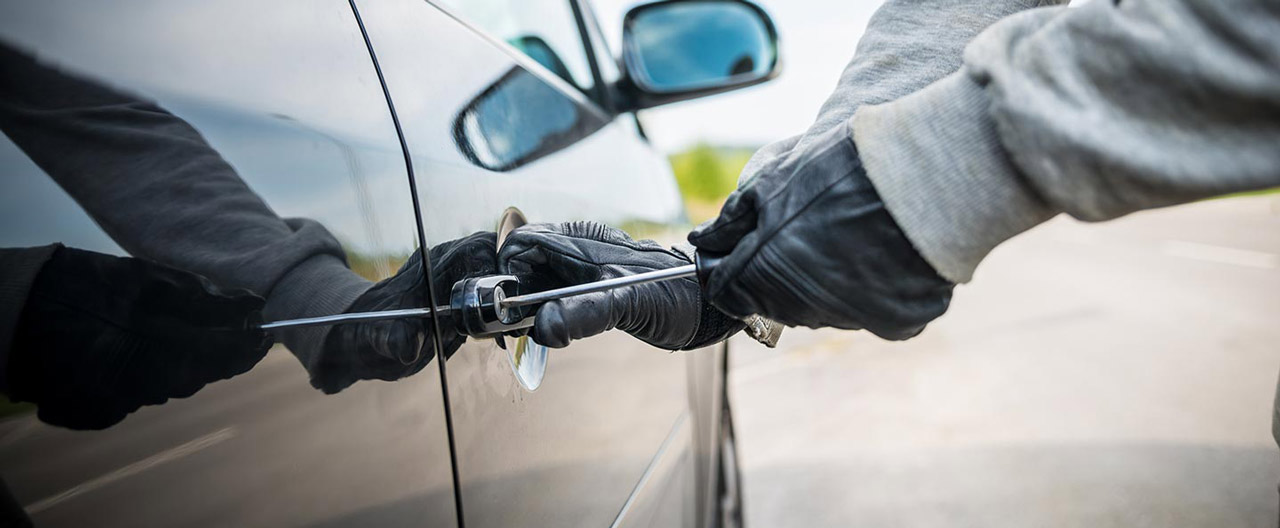- Individuals & Families
- Businesses
- Brokers

With winter on its way out, you may be ready for some spring cleaning.

Make sure you protect your classic cars from damage or additional wear and tear.

Keep your important papers and small valuables away from burglars, fire or natural disaster.

For over a hundred years, we’ve offered unparalleled stability and protection for small boats, yachts, luxury mega-yachts, and more.

Here are some things you can do to assist firefighters and minimize the damage to your home.

At their worst, disputes between professional service firms and their clients can lead to costly lawsuits.
These days, vehicle thieves are becoming cleverer and more brazen, and the number of vehicle thefts and break-ins is increasing. In fact, a car is stolen every six minutes on average in Canada.1 Many of these stolen vehicles are resold, used for parts, or sent on shipping containers overseas as part of “steal-to-order” schemes and cannot be recovered.
Recent trends show that both high-performance vehicles and more common models are equally targeted. The most-prized vehicles are SUVs, pickups, hybrids, and any vehicle with a key fob. In Oakville, Ontario, alone, a total of 124 vehicles were stolen over six months, with 66 of those linked to relay or reprogramming technology.2 Using a “relay device,” thieves can amplify the signal of a vehicle’s key fob, allowing them to gain access to the vehicle, unlock, start, and steal it – without ever having possession of the actual key fob.
In many theft cases, however, theft prevention measures could have been taken by the vehicle owners. What can you do to protect your vehicle and prevent theft? Here are a few tips:
- Always lock your vehicle, even while it’s on your property.
- If you have a garage, keep your vehicle in the garage, and lock the garage as well.
- Place your vehicle’s key fob inside a radio frequency-shielding bag or pouch while not in use to prevent mobile signals. Signal blocking bags, pouches and containers can stop access to your vehicle by blocking your key fob from transmitting its code to the vehicle as they are made of or lined with magnetic material. Putting your keys in a signal blocking pouch will stop any thieves from being able to amplify the signal used in relay theft.
- If you are in the process of removing groceries or other items from your car, turn off the vehicle’s motor and take the keys. Monitor the vehicle and lock it between trips.
- Keep your vehicle locked while you are in the car.
- Never leave your keys or other valuables, including your vehicle title, in your car. If you absolutely must leave something of value in your car, ensure it is out of sight, ideally in the trunk.
- Try to avoid higher crime areas. Park in a secure parking garage with a valet and real-time video security, or on a well-lit, busy street.
- Leverage your vehicle’s app and anti-theft features, including steering lock, passive alarms, ignition cut-off systems, and next-generation vehicle-tracking systems. That way, if you accidentally leave your vehicle unlocked, you will receive alerts via the app.
- Consider installing an anti-theft device on your catalytic converter.
- Consider installing a high-quality video surveillance system and ensure that your cameras are properly installed and operational 24/7.
- Install a device that stops criminals from bypassing the ignition and hotwiring the car. Devices that need wireless ignition authentication, as well as starter, ignition, and fuel pump disablers, fall under this category.
- Refer to your insurance policy or speak with your agent to learn more about possible anti-theft system discounts and liability and comprehensive coverage.
Additional resources:
Insights and expertise



This document is advisory in nature and is offered as a resource to be used together with your professional insurance advisors in maintaining a loss prevention program. It is an overview only, and is not intended as a substitute for consultation with your insurance broker, or for legal, engineering or other professional advice.
Chubb is the marketing name used to refer to subsidiaries of Chubb Limited providing insurance and related services. For a list of these subsidiaries, please visit our website at www.chubb.com. Insurance provided by Chubb Insurance Company of Canada or Chubb Life Insurance Company of Canada (collectively, “Chubb Canada”). All products may not be available in all provinces or territories. This communication contains product summaries only. Coverage is subject to the language of the policies as actually issued.

